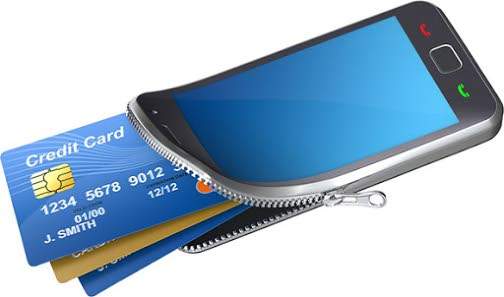As economies remain under lockdown and movement restricted as a result of COVID-19, there has been the growing need for more digital payment technology to access services. The Bank of Jamaica (BOJ) has however said that only a few companies are currently authorised to provide some type of digital payment services.
In responding to questions posed by the Jamaica Observer this week, Natalie Haynes, deputy governor at the BOJ said that while the country has seen an overall increase in the use of technology to facilitate mobile payments, only one company so far has authorisation from the central bank to use the technology.
“The National Commercial Bank (NCB) Jamaica Limited Quisk mobile money product is the only mobile wallet operational in Jamaica and was authorised in 2016. Two other mobile wallet operators were previously authorised, but have since taken the decision to withdraw, these are: Jamaica Cooperative Credit Union League’s (JCCUL) Conec product authorised in 2013 and withdrawn in November 2017 and GraceKennedy Payment Services GK MPay authorised in 2016 and withdrawn in February 2019,” she told Sunday Finance.
A mobile wallet is a digital payment system conducted from a mobile device which allows users to carry out payment services, through which businesses and individuals can also send and receive money.
The BOJ in its recent push for the use of financial technology (Fintech) services launched its Fintech Regulatory Sandbox providing guidelines for developing and promoting a modern financial sector and pursuing innovative approaches to facilitate easier retail payments.
The BOJ deputy governor noted that outside of mobile wallets, several other technologies exist such as those supporting payment cards.
“Payment cards and the underlying technology must be certified using the Payment Card Industry Data Security Standards (PCI-DSS). On the other hand, mobile wallet technology should be certified using the Payment Application Data Security Standards (PA-DSS),” she outlined to Sunday Finance.
She said that companies currently authorised by the central bank to offer electronic retail payment services includes: NCB- Quisk, Sagicor Bank – MyCash, and Alliance Payment Services Limited (APSL) – ePAY.
“NCB’s Quisk is a mobile wallet, which facilitates bill payment, funds transfers and balance enquiry. Sagicor’s MyCash is a reloadable prepaid card which facilitates balance enquiry, bill payment, top-up, and funds transfers, and APSL’s ePAY product is a reloadable prepaid card which facilitates balance enquiry, bill payment, top-up and funds transfers,” Haynes continued.
Noting that there are disadvantages with using these technologies, the BOJ said that increased steps are being taken by regulators to assess risks and mitigate breaches. “Given the growing concerns regarding cybercrime in Jamaica, the possibility exists that an increase in Fintech services would increase the risks and threats posed by cyberattacks. Suffice to say, our experience thus far with these products has not revealed any significant issues of cybersecurity.”
https://discoverflow.co/jamaica/myaccount/portal-select?utm_source=google&utm_medium=GDN&utm_campaign=BillPayment_Letsdothis&gclid=EAIaIQobChMImKSEptfC6QIVz8-7CB102gQCEAEYASAAEgKdtvD_BwE




Leave A Comment